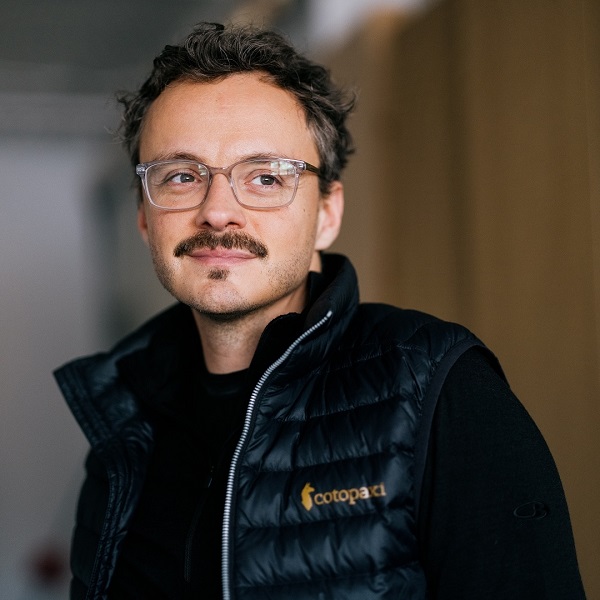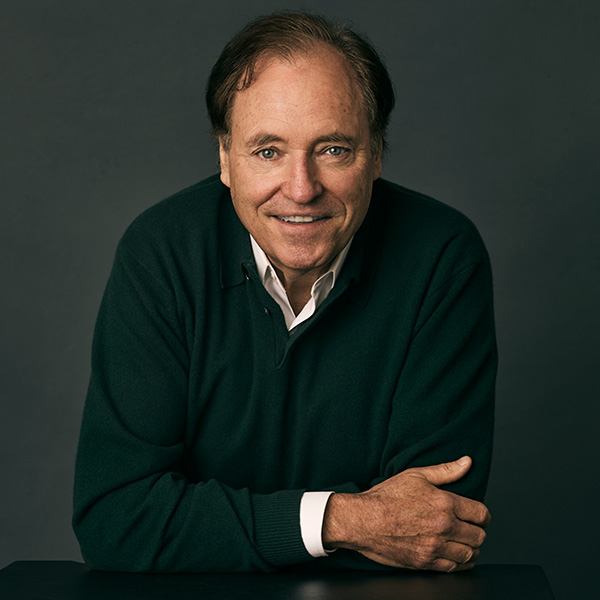Nearly 60 years and 5,000 kilometres separate Les Vadasz from the university and city that welcomed him as a refugee fleeing the Hungarian Revolution.
But his affection for McGill and Canada still runs deep – and so does his appreciation for the power of education.
Vadasz, BEng’61, DSc’07, earned his engineering degree at McGill and went on to an illustrious career at tech giant Intel Corp. as part of its founding management team.
Over the years, Les and his wife Judy Vadasz have created tremendous opportunities for engineering students pursuing graduate studies at McGill.
Their landmark $15-million gift to McGill’s Faculty of Engineering, announced on January 16, will enhance the prestigious doctoral fellowship program that bears their name, deepening their support for outstanding PhD students who pursue innovative research at McGill.
The gift from the Vadasz Family Foundation also aims to strengthen Montreal as an engineering and technology hub by attracting more top talent to McGill.
“We’re deeply grateful for this extraordinary gift from Les and Judy Vadasz who have done so much to support our Faculty of Engineering,” says Principal Suzanne Fortier, BSc’72, PhD’76. “Their remarkable generosity continues to open doors for talented graduate students every year, and at the same time, supports our commitment to research excellence and innovation as McGill heads into its third century.”
The gift from the Vadasz Family Foundation builds on the couple’s remarkable legacy of supporting graduate students in McGill’s Faculty of Engineering. Their endowed gift in 2008 established the Vadasz Doctoral Fellowships in Engineering. The fellowships have sparked a huge growth in PhD enrolment (up 63 per cent since 2005) and graduate research in the Faculty. To date, 176 students have benefited from the Vadasz Doctoral Fellowships.
With Les and Judy Vadasz’s latest gift, the Vadasz Doctoral Fellowships in Engineering will offer even greater financial support to a larger cohort of doctoral students – up to 60 at a time –, and for a longer period – four years, which is the typical time it takes to complete a PhD in engineering. The fellowships, which were already among the most generous in Canada, help McGill recruit top graduates who will shape the future of engineering, and, in turn, enrich the Canadian workforce and economy for decades to come, says Dean of Engineering Jim Nicell.
The fellowships “bring outstanding students to McGill who receive an excellent education, and help drive research in the Faculty,” says Nicell. “Doctoral students are required to make significant contributions in their area of research. And because they’re working on their PhDs, they’re pushing the research agenda of the professors and University much further.”
Vadasz didn’t speak English when he arrived in Montreal in February 1957. McGill provided him with temporary room and board and a short English course. That fall, he began his engineering degree.
He remembers with fondness one particular course on semiconductor electronics, taught by Professor Gerald Farnell. It was a class that would serve him well when he moved to the United States after graduation and eventually became the fourth employee hired at Intel, which would soon become the world’s largest microchip maker.
Vadasz oversaw the development of the world’s first commercially available microprocessor and memory components, and would eventually serve as an executive vice-president with the company. Along the way, he says he never forgot his roots and has given back in extraordinary ways, sparked by the conviction that education provided him with opportunities. His philanthropy is a way of ensuring that others will have similar chances.
“I really value the education I received at McGill, and the fellowship program is a way of removing financial obstacles so that engineering students can focus on their graduate research and achieve their potential,” says Vadasz, who is now retired.
“It reflects my gratitude to McGill and to Canada for giving me the chance to study there, and also a desire to support innovative research at McGill, which helps drive progress.”


